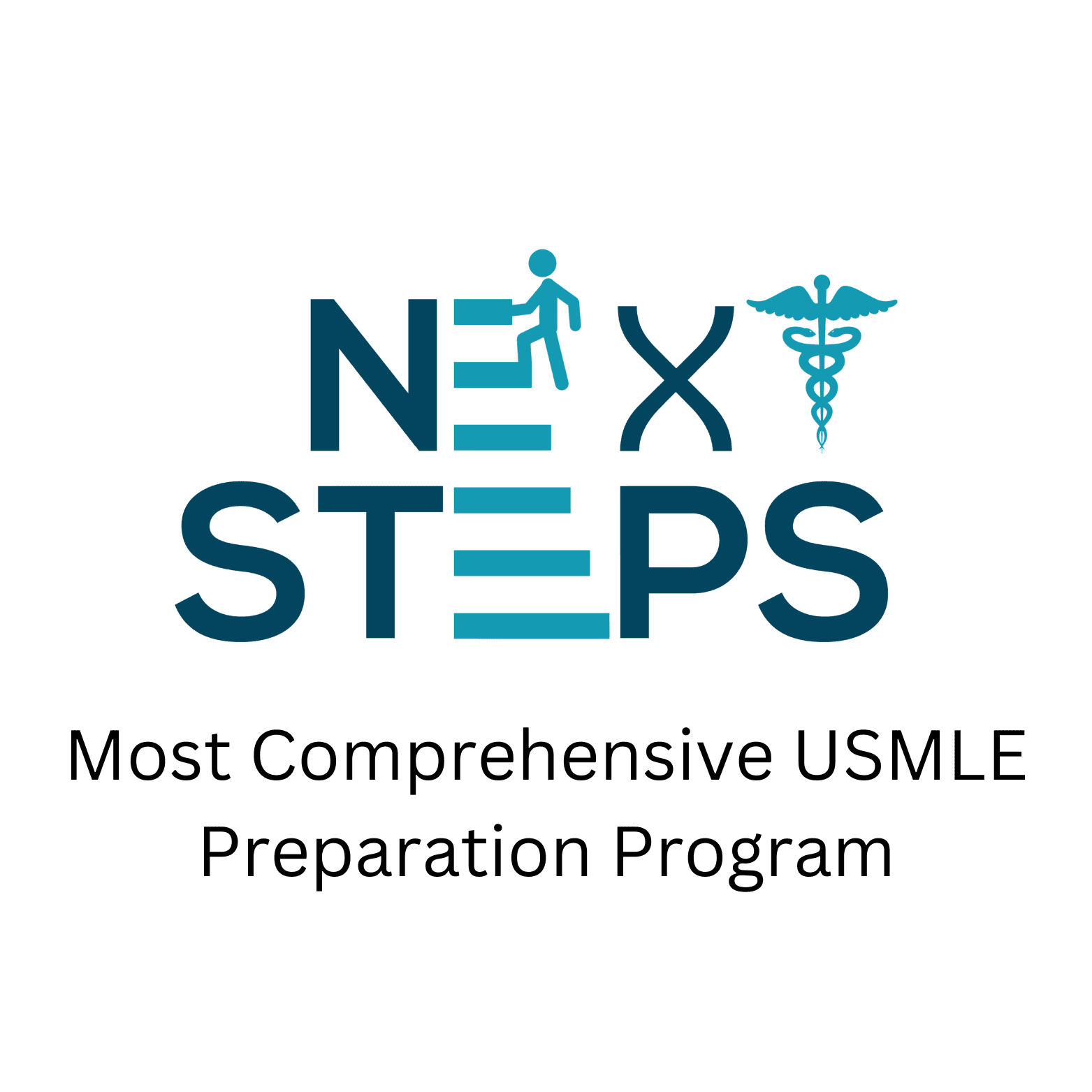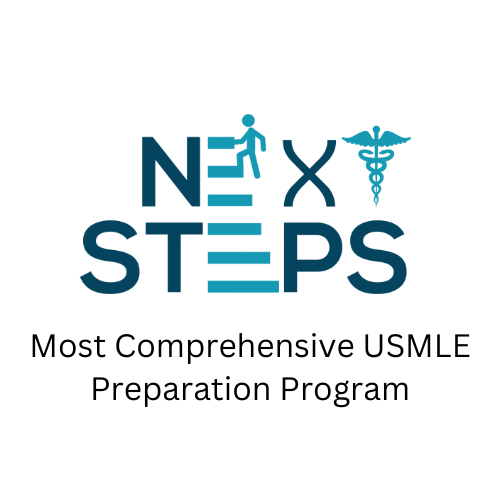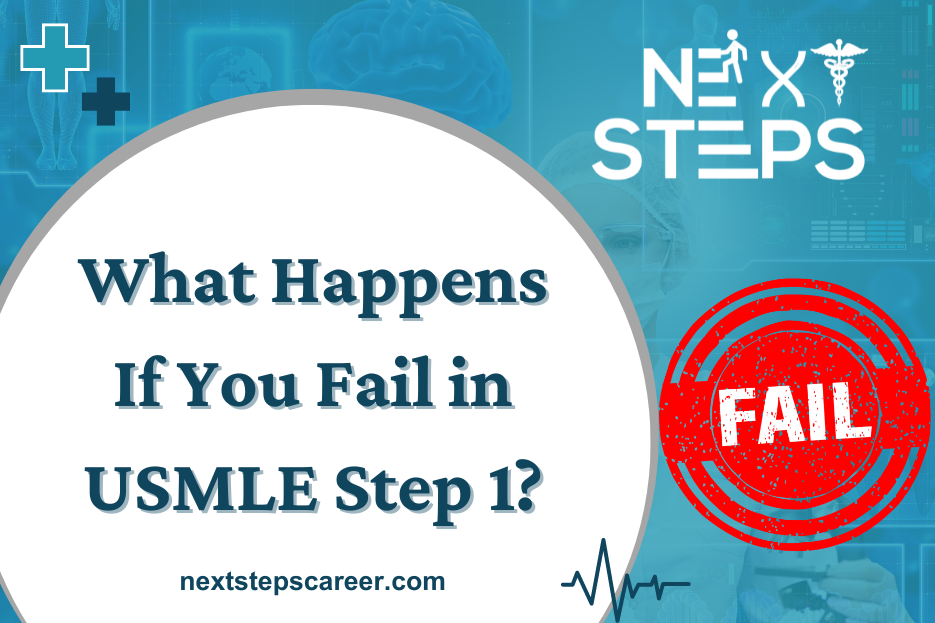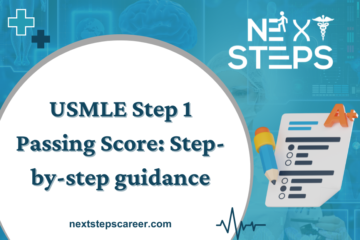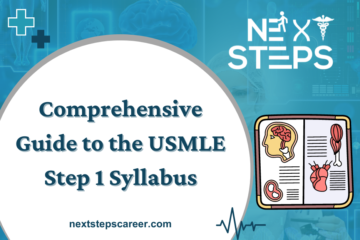The United States Medical Licensing Examination (USMLE) Step 1 is a critical milestone for medical students and graduates aspiring to practice medicine in the United States. It tests your understanding and application of basic sciences fundamental to the practice of medicine. Given its importance, failing USMLE Step 1 can be a significant setback. However, it is not the end of the road. This blog will explore what happens if you fail USMLE Step 1 and what steps you can take to recover and move forward.
Immediate Consequences of Failing USMLE Step 1
1. Emotional Impact
-
- Disappointment and Stress: Failing such an important exam can lead to feelings of disappointment, stress, and anxiety. It is essential to address these emotions constructively.
-
- Impact on Confidence: Your confidence may take a hit, which can affect your performance in future exams if not managed properly.
2. Academic and Career Impact
-
- Residency Applications: Many residency programs consider USMLE Step 1 scores as a significant factor in their selection process. A failure may require you to explain your performance during interviews.
-
- Delay in Progression: Fail Step 1 may delay your progression to clinical rotations or subsequent USMLE exams, affecting your overall timeline for residency application.
Steps to Take After Failing USMLE Step 1
1. Reflect and Assess
-
- Identify Weaknesses: Review your performance to identify the areas where you struggled. Understanding your weaknesses is crucial for targeted improvement.
-
- Seek Feedback: If possible, get feedback from mentors, advisors, or colleagues who can provide insights into your preparation and exam strategy.
2. Develop a New Study Plan
-
- Structured Study Schedule: Create a detailed study plan that allows ample time for each subject area. Incorporate regular breaks to avoid burnout.
-
- High-Quality Resources: Use reputable study resources such as First Aid for the USMLE Step 1, UWorld, and Next Steps App. These materials are specifically designed to help you succeed.
-
- Practice Questions: Regularly practice with question banks and simulate exam conditions to build familiarity and confidence.
3. Seek Support
-
- Study Groups: Join or form study groups with peers who can offer support, motivation, and different perspectives on difficult topics.
-
- Mentorship: Find a mentor who has successfully navigated the USMLE process. Their guidance can provide valuable insights and strategies.
4. Focus on Mental and Physical Health
-
- Stress Management: Practice stress management techniques such as mindfulness, meditation, or yoga to maintain a positive mindset.
-
- Healthy Lifestyle: Ensure you get enough sleep, exercise regularly, and maintain a healthy diet to keep your mind and body in optimal condition for studying.
5. Plan for the Retake
-
- Understand Retake Policies: Familiarize yourself with the policies for retaking the USMLE Step 1. There may be mandatory waiting periods before you can reattempt the exam.
-
- Set a New Date: Once you feel adequately prepared, schedule a new exam date. Giving yourself a clear timeline can help maintain focus and motivation.
Long-Term Considerations
1. Explain the Failure in Applications
-
- Be Honest and Reflective: When discussing your failure in residency applications or interviews, be honest about what happened and reflect on what you learned from the experience.
-
- Show Improvement: Highlight how you addressed your weaknesses and improved your knowledge and skills for the retake.
2. Focus on Subsequent Exams
-
- Strong Performance: Performing well on subsequent exams (USMLE Step 2 CK and Step 3) can help mitigate the impact of a Step 1 failure and demonstrate your resilience and capability.
3. Explore Alternative Pathways
-
- Research Opportunities: Consider engaging in research or other academic opportunities to strengthen your CV and demonstrate your commitment to the medical field.
-
- Clinical Experience: Gaining additional clinical experience can also enhance your residency application and compensate for a lower Step 1 score.
Conclusion
Failing USMLE Step 1 is undoubtedly challenging, but it does not define your medical career. With the right approach, support, and determination, you can overcome this setback and achieve your goals. Reflect on your experience, develop a solid study plan, seek the necessary support, and focus on your long-term objectives. Remember, resilience and perseverance are key attributes of successful physicians. Your journey may have encountered a hurdle, but with dedication and hard work, you can still reach your destination.
